Results
-
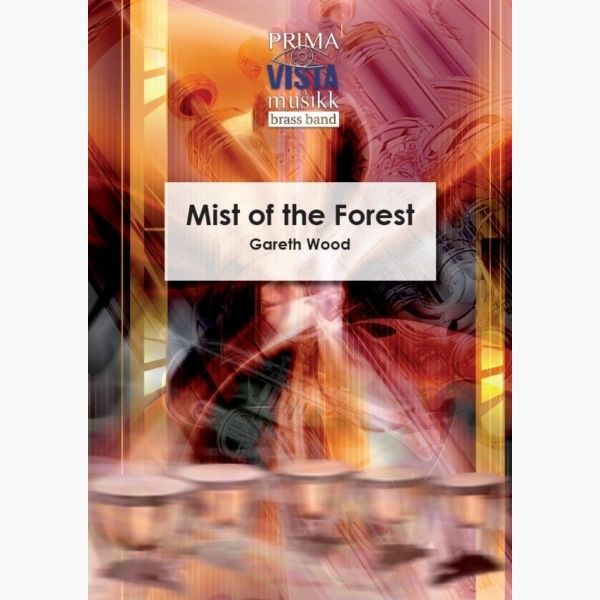 £24.95
£24.95Mist of the Forest - Gareth Wood
The inspiration for this work is a part of South Wales where the composer spent his childhood. The AfanForest Park is an old mining area that has been extensively reclaimed and transformed through one of the earliest reclamation schemes in...
Estimated dispatch 5-7 working days
-
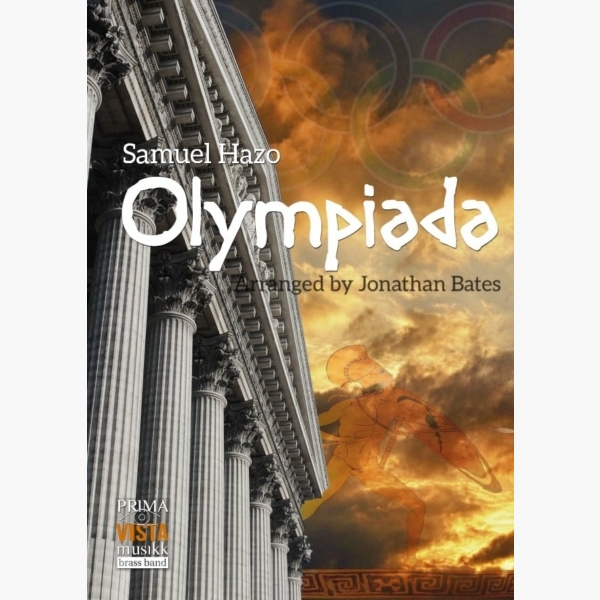 £34.95
£34.95Olympiada - Samuel Hazo - Jonathan Bates
Olympiada was written to capture the human conditions of intense glory and pain that only the Olympic Games can inspire, while musically tying themes with a historic Greek feel to modern chord changes and melodies. It opens with an Olympic-style...
Estimated dispatch 5-7 working days
-
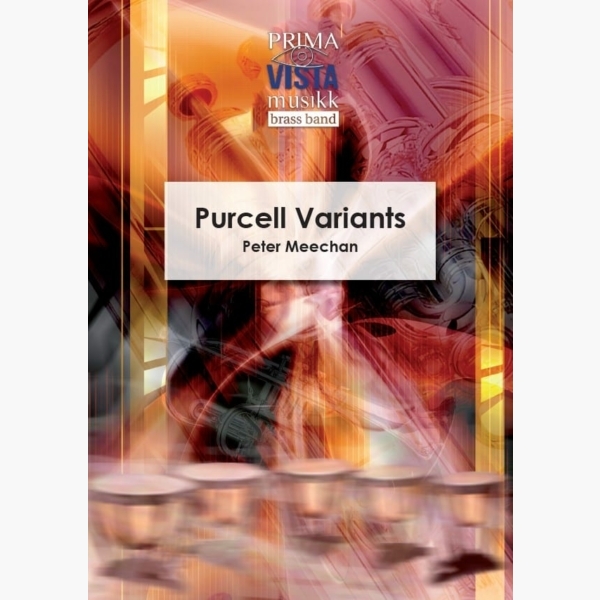 £64.95
£64.95Purcell Variants - Peter Meechan
Purcell Variants is based on Purcell's Queen Mary's Funeral Music, which consists of four canzonas (for brass), two elegies and an anthem. The first movement begins by sounding some of Purcell's original music in the trombones, underpinned by a timpani...
Estimated dispatch 5-7 working days
-
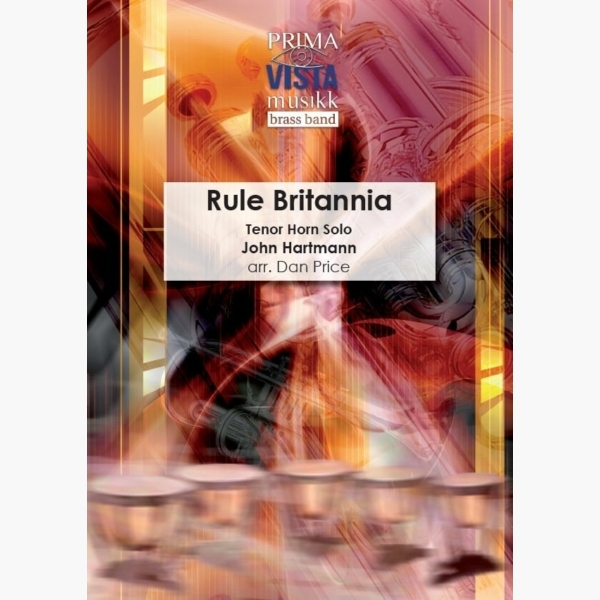 £24.95
£24.95Rule Britannia - John Hartmann - Dan Price
Rule Britannia is a long-standing showcase for the cornet or euphonium but this new arrangement offers tenor horn players the opportunity to indulge in Hartmann's virtuosic treatment of the patriotic favourite. An optional cut has been included so that a...
Estimated dispatch 5-7 working days
-
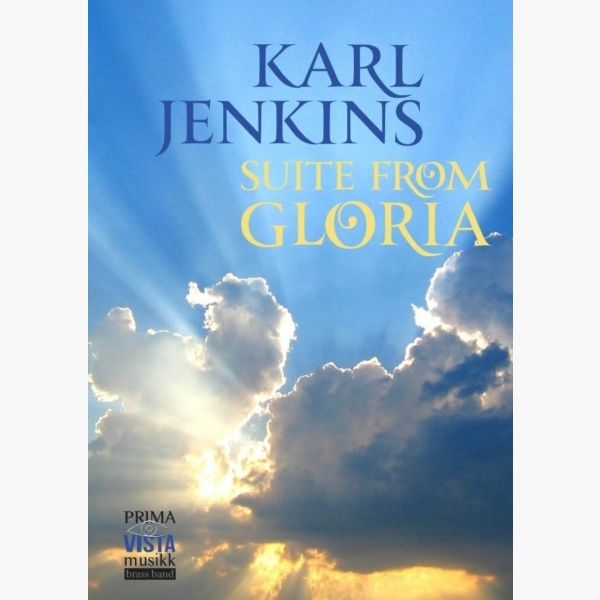 £64.95
£64.95Suite from Gloria - Karl Jenkins - Arranged & Edited Childs & Wainwright
The Latin text of the Gloria is an ancient hymn of praise from the Christian tradition derived from the song of the angels who announce the birth of Jesus, as recorded in the Gospel according to St Luke. The Gloria...
Estimated dispatch 5-7 working days
-
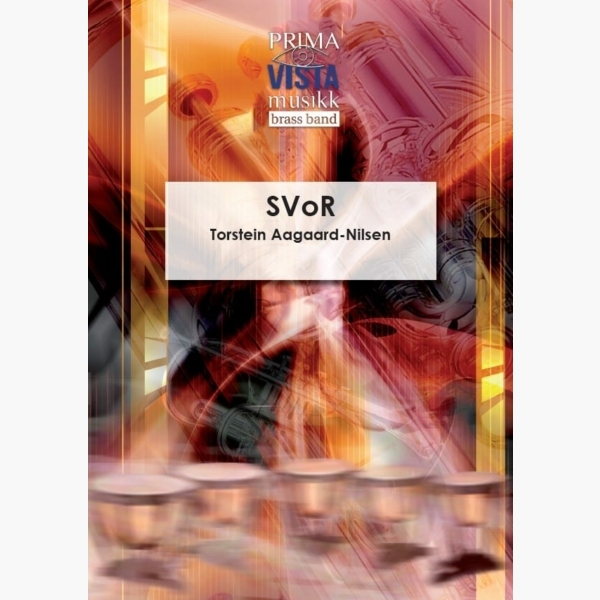 £64.95
£64.95SVoR - Torstein Aagaard-Nilsen
Torstein Aagaard-Nilsen (b. 1964, Norway) is one of Norway's finest composers and has gained an international reputation for his music for Brass- and Wind Bands and Ensembles. The broad spectre of musical activity, the versitality in his production and his...
Estimated dispatch 5-7 working days
-
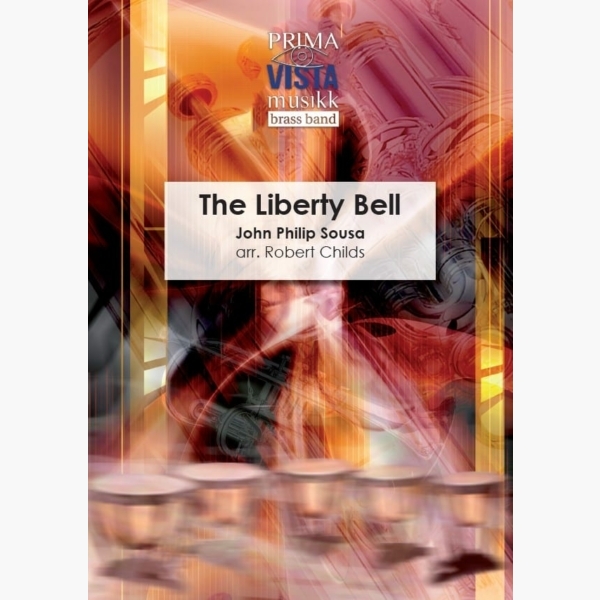 £24.95
£24.95The Liberty Bell - John Philip Sousa - Robert Childs
The Liberty Bell is an iconic symbol of American Independence. The actual bell was commissioned from the London firm, now known as, Whitechapel Bell Foundry in 1752 and was cast with the inscription: "Proclaim LIBERTY throughout all the land unto...
Estimated dispatch 5-7 working days
-
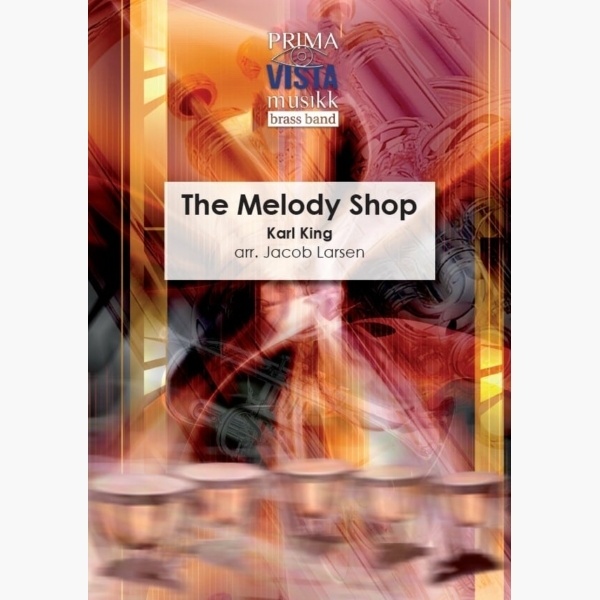 £24.95
£24.95The Melody Shop - Karl King - Jacob Larsen
Written in 1910, this circus march is one of Karl King's most popular marches. King had an illustrious career as a player, a bandmaster and most notably as a composer. Much of his composition was undertaken while he was working...
Estimated dispatch 5-7 working days
-
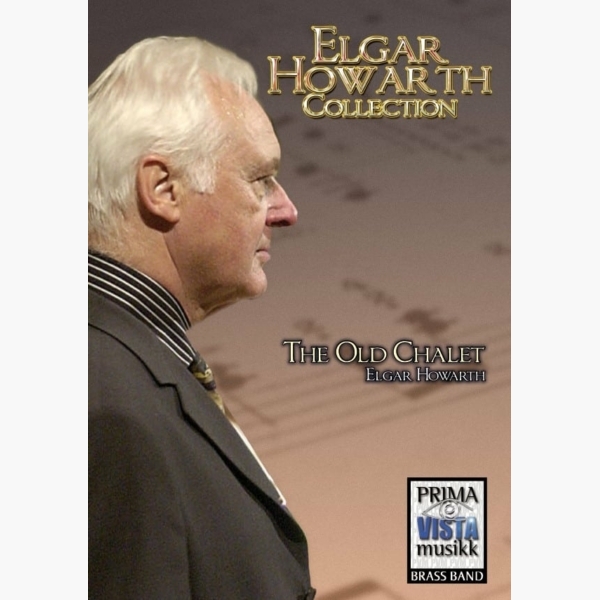 £24.95
£24.95The Old Chalet - Elgar Howarth
The Old Chalet began life as brass chamber music and featured as an encore in many concerts given by the legendary Philip Jones Brass Ensemble of which Howarth was a founder member. This ensemble frequently visited Switzerland because Philip Jones'...
Estimated dispatch 5-7 working days
-
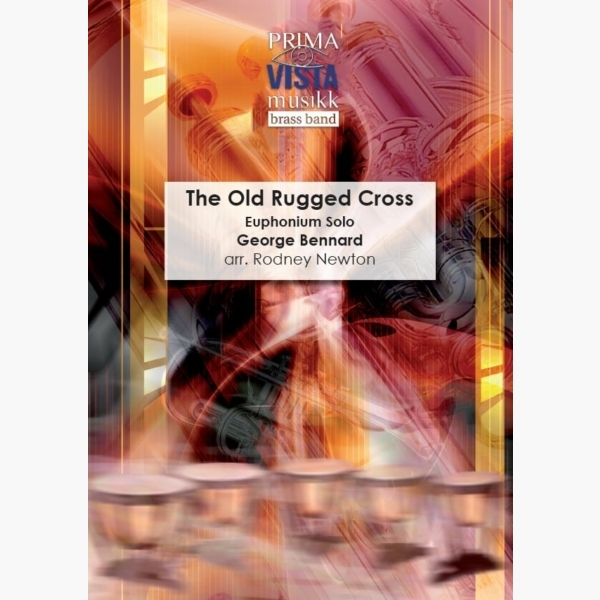 £24.95
£24.95The Old Rugged Cross - George Bennard - Rodney Newton
This popular American hymn has been arranged as a Euphonium Solo with Brass Band accompaniment by the Buy As You View Cory Band's Composer-in-Residence, Rodney Newton. After a short introduction, the soloist makes an initial statement of the melody. A...
Estimated dispatch 5-7 working days
